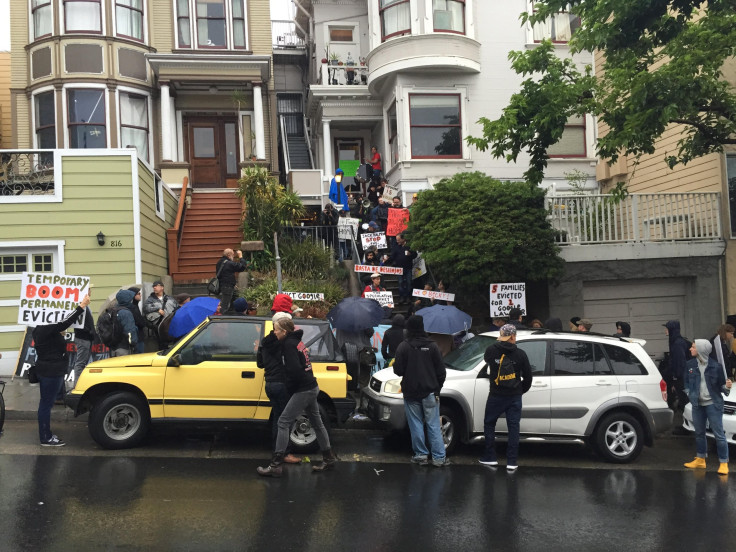Landlords Are Illegally Evicting Tenants in Violation of the CARES Act

KEY POINTS
- The CARES Act prohibits most landlords from evicting their tenants for 120-days
- Landlords are still illegally evicting their tenants
- In many instances, no federal or state agency is enforcing this moratorium on evictions
Landlords and property owners are still forcing people out of their homes during the COVID-19 pandemic despite an explicit 120-day ban on evictions from properties receiving federal subsidies in the CARES Act, lawyers who work with low-income clients told BuzzFeed News.
According to the Eviction Lab at Princeton University, all but five states have imposed moratoriums on evictions, but reports from BuzzFeed News and The American Prospect reveal that the law remains on paper.
The American Prospect reports that despite this federal ban on evictions, “neither federal agencies nor most state court systems have moved to implement the law.” Dennis Meadows, who faced eviction from his apartment in the Phoenix area this month, told The Prospect that his building’s owner evicted two other families and then tried to evict him after he mistakenly paid rent on the 5th instead of the 1st of the month. “They’re trying to kick people who are already down,” he said.
BuzzFeed News spoke to Akil Mayfield, who has a disability and was evicted from his Brooklyn apartment on March 19, three days after the eviction moratorium took effect in New York. During the two weeks he was out of his home, he stayed at a YMCA and then at a hotel with his mother, telling BuzzFeed that he was worried about his safety if he went to a shelter and that he “was feeling very hopeless and violated.” On April 2nd, a judge ruled that Mayfield “was illegally forced out.”
Not everyone is as lucky as Mayfield. The Maricopa County judge presiding over Dennis Meadows’ case was not aware of the extent of the federal ban on evictions, according to the attorney with Community Legal Services who represented Meadows. He eventually had his case dismissed, but Meadows’ ordeal highlights how he would not have been able to overturn his eviction without legal representation, something a majority of people facing eviction cannot obtain due to systemic and financial constraints.
Even though some tenants like Mayfield and Meadows have been able to reverse their evictions through emergency court hearings, there is widespread concern about what happens when the 120-day federal ban on eviction expires.
Alexis Erkert, a staff attorney with Southeast Louisiana Legal Services told BuzzFeed News that “there’s no official waiver of late fees, rent is still owed, and our clients are very low-income. They need their stimulus money to buy food and diapers and pay for basic living expenses. It won’t go very far if you have no other source of income right now. I just can’t fathom how most of my clients are going to be able to pay back one, two, or three — who knows how long this will go on — months of rent.”
© Copyright IBTimes 2025. All rights reserved.





















